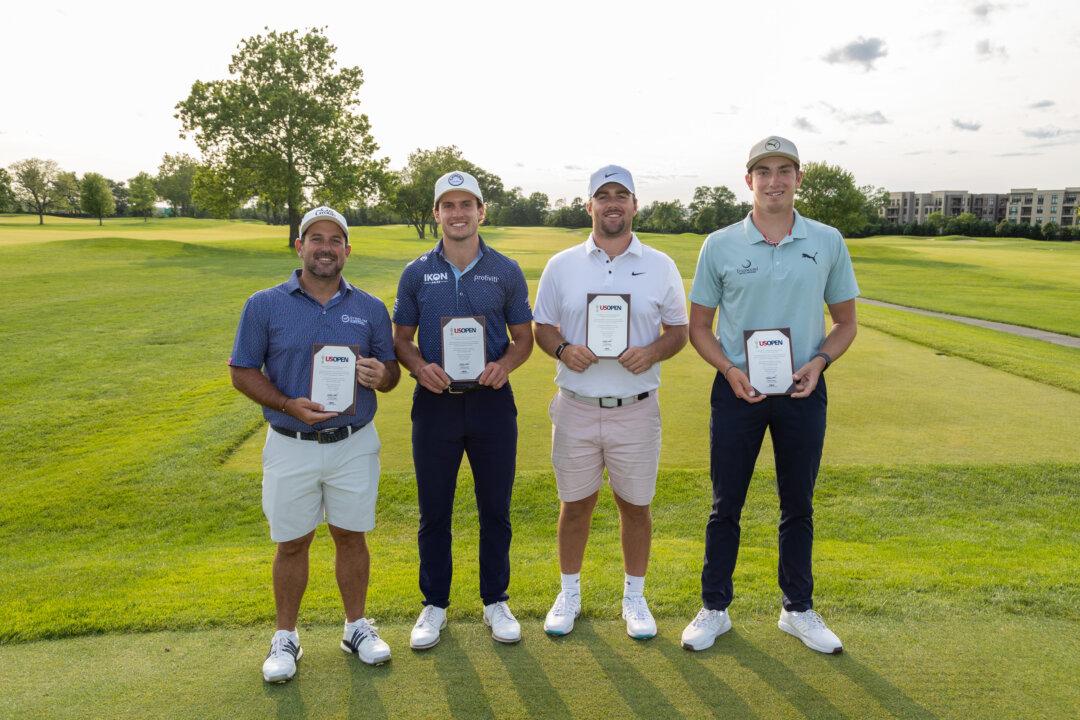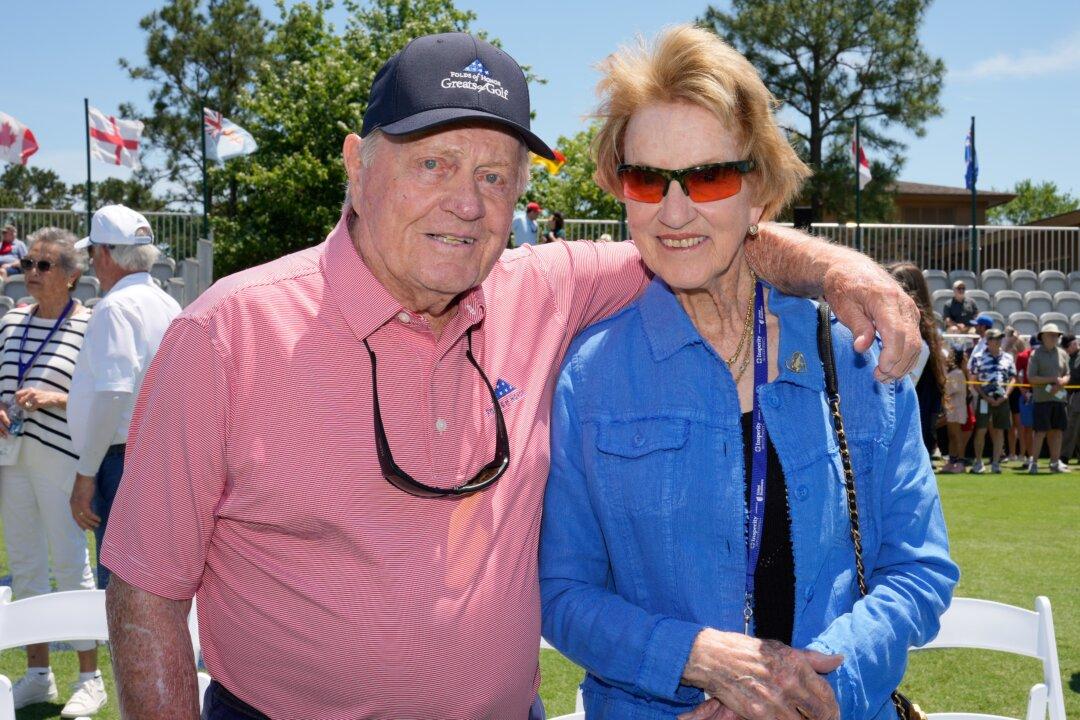OAKMONT, PA—The 9th visit to Oakmont CC produced an exciting US Open and a worthy champion in first time major winner Dustin Johnson. The controversy attached to the rules situation involving Johnson had less to do with Dustin and more with how the matter was handled by key officials within the United States Golf Association (USGA). After Johnson had been initially cleared of causing his ball to move on the 5th green the USGA opted to look into the matter more deeply. The issue was then brought to the attention of Johnson -- as we stood on the tee at the par-5 12th and in the middle of a serious competition for the grandest prize in American golf.
Instead of making a final determination regarding whether a penalty stroke would be applied to Johnson’s card -- the USGA opted to hold on deciding that issue until the competition had finished.
That was a clear error in judgment. Imagine such a procedure being applied to the Super Bowl or a game seven World Series game? How do athletes play an event not knowing exactly where they stand in the event?






